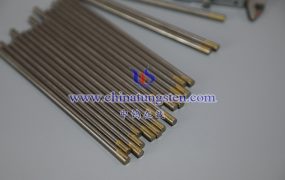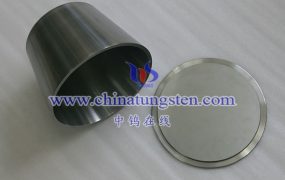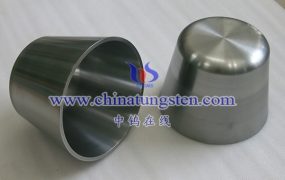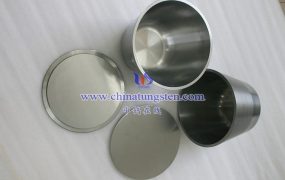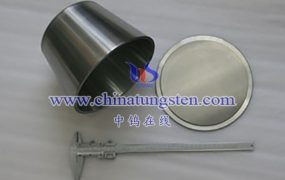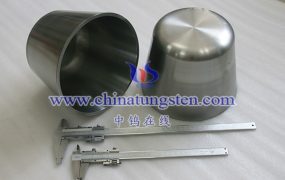Molybdenum rod is relatively stable in most common chemicals, but under certain conditions, it may react with some chemicals. Here are some chemicals that may react with molybdenum rods:
Oxygen: At high temperatures, molybdenum rods may react with oxygen to form molybdenum trioxide (MoO3). This reaction usually occurs at higher temperatures.
Strong oxidizing agents: Strong oxidizing agents such as concentrated nitric acid, concentrated sulfuric acid, and sodium hydroxide may cause corrosion or oxidation to molybdenum rods.
Fluoride: Fluoride is a strong etchant that reacts with molybdenum rods to form molybdenum fluoride.
Alkali metals: Alkali metals such as sodium and potassium may react with molybdenum rods at high temperatures to form corresponding metal molybdenum compounds.
Ammonia and Hydrogen Nitride: Under conditions of high temperature and pressure, ammonia and hydrogen nitride may react with molybdenum rods to form molybdenum nitride.
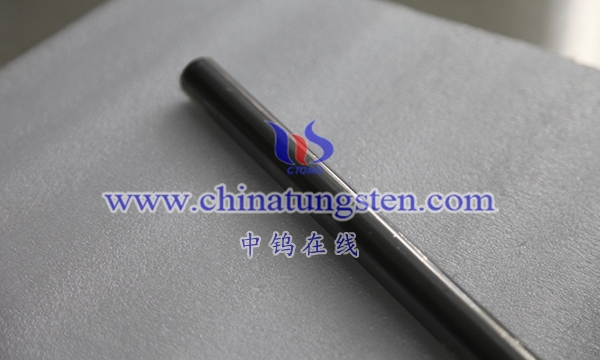
More details of molybdenum or molybdenum alloy products, please visit website: http://molybdenum-alloy.com/index.html
Please contact CHINATUNGSTEN for inquiry and order of molybdenum alloy products:
Email: sales@chinatungsten.com
Tel.: +86 592 5129595
